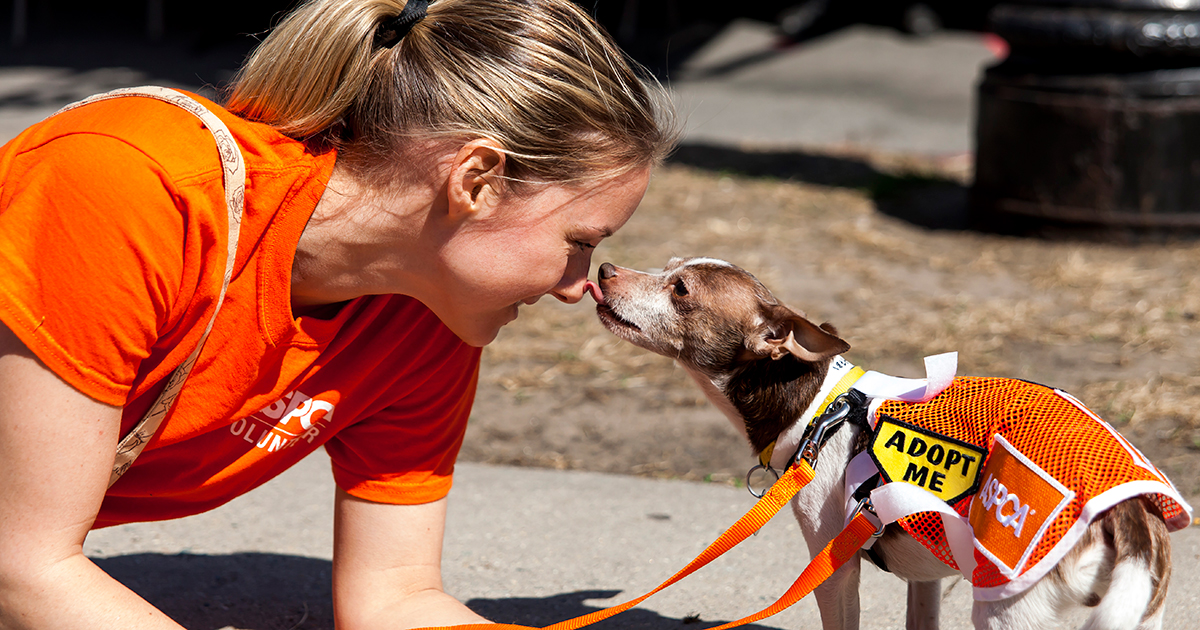Animal cruelty is a harrowing reality that persists in many corners of our society. Each year, thousands of animals endure suffering at the hands of abusers or due to neglect. Many individuals, upon learning the gravity of this issue, often find themselves tormented by feelings of helplessness. However, the truth remains: there are tangible ways to catalyze change, primarily through volunteer work and donations. This article delves into how joining this noble cause can transform lives, both animal and human, in profound ways.
To begin, understanding the magnitude of animal cruelty is critical. It manifests in various forms, from abandonment and neglect to overt acts of violence. Shelters and rescue organizations become havens for these animals, yet they often operate on limited resources. This leads to a compelling observation: the more volunteers and donations these organizations receive, the wider their reach and the deeper their impact. Thus, engaging in volunteer work or making donations is not merely an act of charity; it is a crucial lifeline for countless voiceless beings.
Volunteering at local animal shelters offers a visceral experience that can genuinely awaken the conscience. Many individuals may feel a natural inclination to help animals, yet what is often overlooked is the intrinsic value of being present for these creatures. Walking dogs, socializing cats, or assisting in cleanliness and care are fundamental roles that can make a significant difference. The transformative power of compassion is palpable. Each time a volunteer spends time with shelter animals, they not only provide immediate comfort but also help enhance the animals’ chances of adoption.
Moreover, volunteering at events is another avenue to explore. Fundraisers, awareness campaigns, and community outreach programs are essential in spreading the message against animal cruelty. Participating in these events fosters community solidarity. It introduces volunteers to other like-minded individuals and organizations, creating a robust network of advocates dedicated to minimizing animal suffering. These shared experiences can deepen one’s understanding of animal welfare issues, while also igniting a passion for broader advocacy efforts.
In addition to volunteer work, donations play an equally pivotal role in the fight against animal cruelty. Contrary to popular belief, donations do not always have to be monetary. While financial support is incredibly beneficial, in-kind donations such as food, toys, blankets, or even office supplies can relieve organizations facing budgetary constraints. This multifaceted approach amplifies the effect of one’s support. It reflects an understanding that every little contribution, whether in time or resources, furthers the mission of eradicating cruelty toward animals.
Furthermore, by choosing to donate to reputable organizations, supporters can ensure that their contributions are utilized effectively. Researching these organizations is essential; understanding where donations go can build trust and motivate continued support. Transparency in how funds are allocated is crucial. Many animal welfare organizations provide thorough reports detailing expenditures. This adds an extra layer of assurance, allowing donors to see their impact in action.
Beyond the immediate benefits of volunteering and donating, a deeper, more systemic change occurs when individuals become involved. Engaging with animal welfare issues can lead to informed dialogue around legislation and policy changes. Volunteers often become ambassadors for animal rights, influencing their peers and communities. This ripple effect can inspire others to take action, creating a much-needed cultural shift towards empathy and education in the area of animal welfare. Conversations evolve from mere acknowledgment of animal suffering to active participation in advocacy and legislative reform.
Moreover, digital activism is emerging as a contemporary tool for advocacy. Social media platforms enable individuals to raise awareness on a global scale. Sharing stories of rescued animals or campaigns against cruelty can galvanize communities. Such digital movements attract followers, encouraging philanthropy and recruitment into volunteer efforts. During a time when technology is interwoven into daily life, leveraging these platforms for activism can amplify voices and initiative, making it easier to reach audiences far and wide.
The psychological elements associated with volunteering and donating should not be overlooked. The act of helping others often leads to a sense of fulfillment and purpose. The emotional bond formed with the animals one helps can be transformative. Volunteering fosters resilience, bridging gaps between humans and animals. Witnessing firsthand the difference one can make sparks joy, hope, and a deeper appreciation for life. It cultivates a society that inherently values compassion, pushing the narrative away from cruelty and towards love.
While the issue of animal cruelty can seem insurmountable, every effort made to combat it matters. Volunteering and donating are two of the most effective methods to help mitigate this crisis. Beyond the immediate benefits for animals in need, there is a profound journey of emotional and social growth for those involved. The collective efforts of individuals can reshape communities, instilling a culture of kindness and responsibility towards animals.
In summation, the call to action is clear: whether through donating time or resources, every action against animal cruelty counts. The fight against this pervasive issue is a shared responsibility, demanding attention and action from all. Embracing the role of a volunteer or donor can lead to unimaginable changes—both for animals in distress and for individuals yearning to create a positive impact. The intersection of compassion and action may be the pathway to not only helping animals but also fostering a more humane society.








